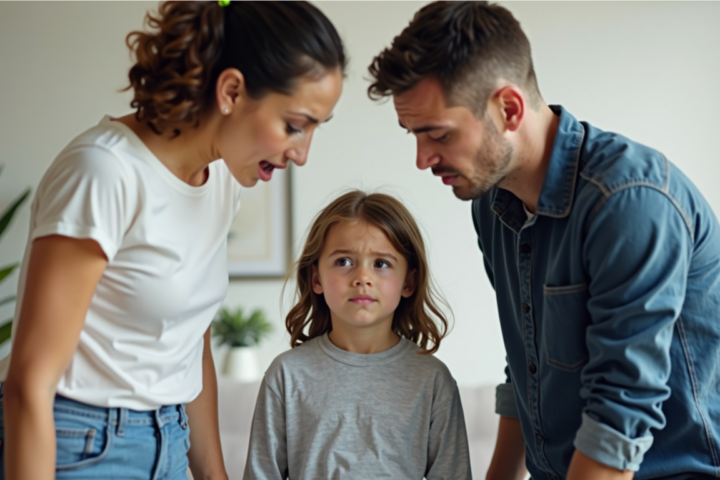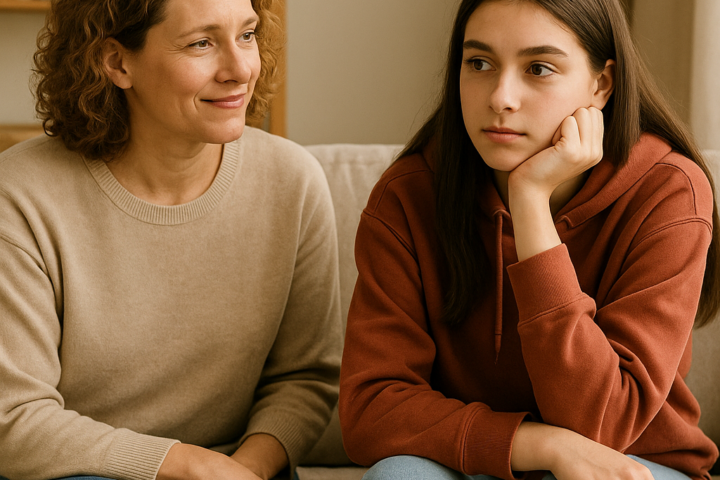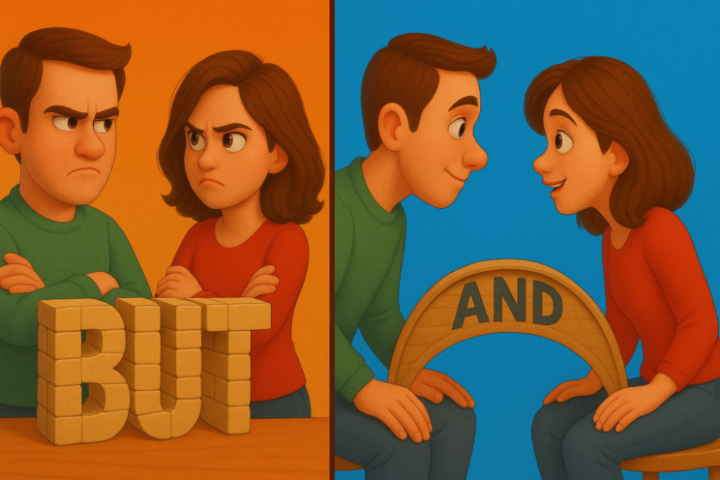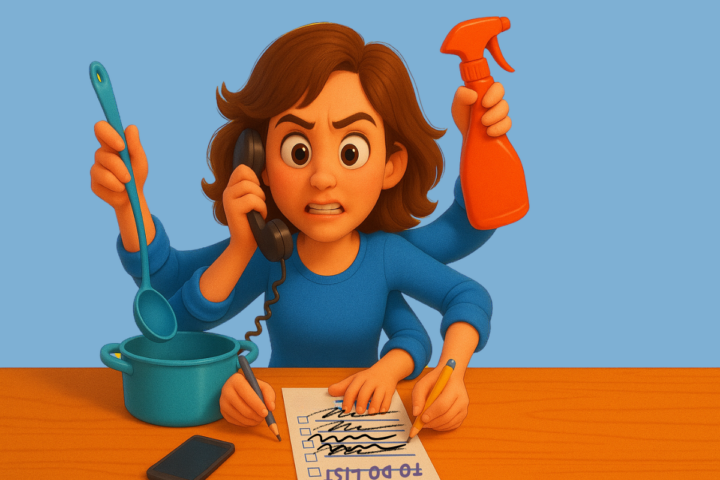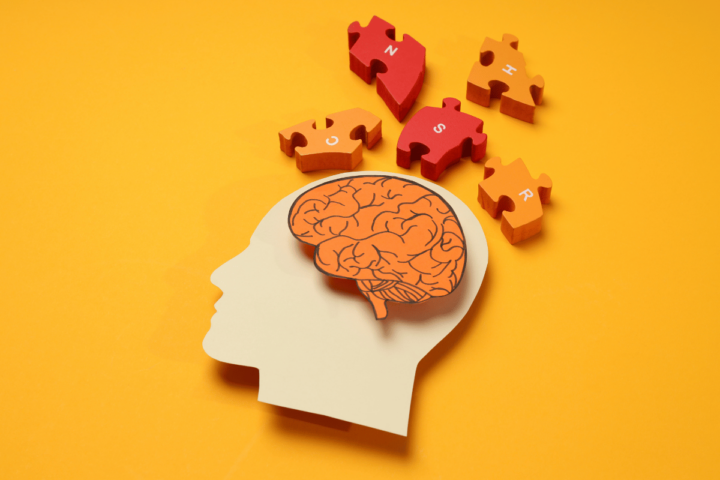Survivor’s guilt is a deeply human, often misunderstood response to living through something that others did not. Whether you walked away from an accident, outlived a loved one, or survived a tragedy that claimed others, the weight of that survival can show up in unexpected ways. It’s not just sadness—it’s shame, confusion, and a persistent inner voice whispering, “Why me?” This article offers a comprehensive, compassionate guide to understanding survivor’s guilt—what it is, why it happens, and how we can begin to heal. In a world that still struggles to make space for grief and emotional complexity, naming this form of suffering can be the first step toward making it bearable.
What is Survivor’s Guilt?
Definition
Survivor’s guilt is a psychological response that occurs when someone survives a life-threatening or traumatic event while others do not. Though not a formal standalone diagnosis in the DSM-5, it is often considered a subtype or symptom within the broader context of post-traumatic stress disorder (PTSD). Those who experience survivor’s guilt frequently wrestle with the feeling that their survival came at the cost of someone else’s life or well-being, even when there is no rational basis for that belief. This guilt may manifest as a belief that one could or should have done more to prevent the loss or that their continued existence is somehow unjust.
Causes
Survivor’s guilt can follow a wide range of experiences—some dramatic and catastrophic, others quiet and cumulative. It might stem from surviving a car accident that killed a passenger, being the only one to escape a burning building, returning from combat when fellow soldiers did not, or even outliving a loved one lost to illness, suicide, or overdose. The common thread is a sense of injustice: that life spared you while taking others. Less obvious but equally impactful are experiences in which someone ‘escaped’ a toxic family system, survived abuse, or simply succeeded when their peers or siblings could not. Though less visible, these scenarios still carry the emotional weight of unearned survival and deep, often unspoken grief.
Symptoms of Survivor’s Guilt
The experience of survivor’s guilt varies widely, and it often lives beneath the surface. For some, it’s a persistent mental loop—replaying the event, wondering what they could have done differently. For others, it’s a low-grade hum of shame woven into everyday decisions and relationships. Here are some of the common emotional and physical symptoms:
Emotional Symptoms
- Persistent guilt and self-blame: A belief that you didn’t deserve to survive or that your survival was somehow harmful to others.
- Sadness and depression: An inability to access joy or engage in things that once brought meaning.
- Intrusive thoughts or memories: Recurring, vivid recollections of the event or the people who didn’t survive.
- Social withdrawal: A retreat from relationships due to feelings of shame or a belief that others won’t understand.
These emotional symptoms often operate in tandem with unconscious beliefs—such as “if I feel too happy, I’m betraying those I lost.” This internal tension can quietly erode one’s capacity for connection, self-worth, and presence.
Physical & Somatic Symptoms
- Insomnia or nightmares: Disrupted sleep can reflect the body’s unresolved state of threat.
- Fatigue or chronic exhaustion: Carrying emotional weight takes a toll on the nervous system.
- Somatic tension: Muscle tightness, headaches, digestive discomfort—signs the body is holding unprocessed emotion.
- Hypervigilance or startle response: An overactive stress response system may remain on high alert as if preparing for another loss.
These physical symptoms are often missed or misdiagnosed. But when the body holds onto trauma, it speaks in the language of pain and tension long after the event has passed.
Coping Strategies
Healing from survivor’s guilt requires more than insight—it asks for self-compassion, community, and patience. This work isn’t about erasing guilt; it’s about integrating it in a way that honors both the pain and the gift of being here.
Self-Reflection
Taking time to understand the roots of your guilt is a courageous act. Self-reflection isn’t just thinking about the past—it’s about tuning into your inner world with curiosity and gentleness. Journaling, voice memos, or expressive arts can give form to what feels too large or tangled to articulate. Questions like “What would I say to a younger part of me that’s carrying this guilt?” or “What is this guilt trying to protect me from feeling?” can open the door to deeper healing. Often, guilt is a guardrail—a protective part trying to shield us from overwhelming grief, powerlessness, or rage.
Seeking Professional Help
Therapy can offer the containment and structure that this kind of pain requires. Cognitive Behavioral Therapy (CBT) may help interrupt distorted thought patterns that fuel guilt, while trauma-informed approaches such as EMDR, Somatic Experiencing, or Internal Family Systems (IFS) work to integrate body memory and protectiveness. Group therapy, especially with others who’ve experienced similar losses, can be particularly reparative—it reminds the nervous system that healing happens in relationship, not isolation.
Support Networks
Healing doesn’t happen in a vacuum. The presence of attuned others—whether friends, family, or chosen community—can act as a co-regulating force. Choose spaces where your emotions are welcome, not questioned. Where you’re met with “that makes sense” instead of “you shouldn’t feel that way.” Sometimes, just being witnessed with compassion is more powerful than any advice.
Mindfulness & Self-Care
Practices that restore regulation to the nervous system are essential. Grounding exercises, breathwork, nature walks, and creative expression can gently expand your window of tolerance. Importantly, self-care here isn’t a luxury—it’s a form of repair. You’re teaching your system that safety and aliveness are not threats. Nourishing food, regular movement, rest, and even laughter are not betrayals of those lost. They are ways of honoring life.
How to Support Someone with Survivor’s Guilt
If you’re witnessing a loved one navigate survivor’s guilt, your role isn’t to fix or persuade—it’s to create a relational space where their truth can land softly.
- Validate, don’t minimize. Statements like “You’re lucky to be alive” or “Don’t feel guilty”—however well-intended—can shut someone down. Instead, try “It makes sense you’d feel this way. That was a lot to carry.”
- Offer listening over advice. Survivors often need presence more than solutions. Let them know you’re here for the long haul, not just the crisis.
- Be patient with their timeline. Grief and guilt don’t move on a schedule. Avoid pushing for closure. Offer steady, unconditional companionship.
- Model compassion. Your own emotional regulation and groundedness can act as a quiet invitation for theirs to return.
Supporting someone through survivor’s guilt means holding space for paradox: honoring both the loss and the life that continues.
Resources for Further Help
Professional support can make all the difference when guilt becomes overwhelming or persistent. Here are some trusted resources to help you or someone you care about find that support.
Mental Health Organizations
- National Alliance on Mental Illness (NAMI): Advocacy and support for individuals and families navigating mental health challenges.
- Substance Abuse and Mental Health Services Administration (SAMHSA): Offers treatment locators, crisis resources, and education.
- The Trauma Foundation: Focuses on prevention and trauma-informed care in community settings.
Crisis Hotlines
- National Suicide Prevention Lifeline: 1-800-273-TALK (8255) — available 24/7 for confidential support.
- Crisis Text Line: Text HOME to 741741 — free support from trained crisis counselors via text.
Suggested Readings
- The Body Keeps the Score by Bessel van der Kolk – A foundational resource on trauma and healing.
- Permission to Feel by Marc Brackett – Tools to understand and navigate emotional complexity.
- It’s Not Always Depression by Hilary Jacobs Hendel – Integrates emotion theory with practical healing frameworks.
Conclusion
Survivor’s guilt can feel like an invisible weight—one that makes it hard to breathe, speak, or believe that joy is still available. But you are not alone, and your survival is not a betrayal. It is a beginning.
When we begin to understand survivor’s guilt not as a flaw but as a signal—a protector trying to make sense of loss—we can start to shift the narrative. We don’t erase the pain, but we learn to carry it with more kindness, more community, and more truth.
If you feel guilty for surviving, know that it’s not your fault. If you love someone who is struggling, your empathy is already part of their healing. Let’s keep the conversation open. Healing begins when silence ends.
If this piece resonated with you, share your thoughts or experiences in the comments. Your story could be the lifeline someone else is looking for. Or pass it along to someone who might need these words right now. Survivor’s guilt thrives in isolation—but we don’t have to.
If you’re feeling stuck or overwhelmed and want support moving through survivor’s guilt in a safe, grounded way, you’re invited to schedule a free 30-minute consultation. This is a gentle, no-pressure space to explore what healing might look like for you and to determine whether deeper support is something you want and need. Reach out here to set up your time.
.
This article includes informational content only and is not a substitute for professional mental health care. Please seek appropriate support when needed.



